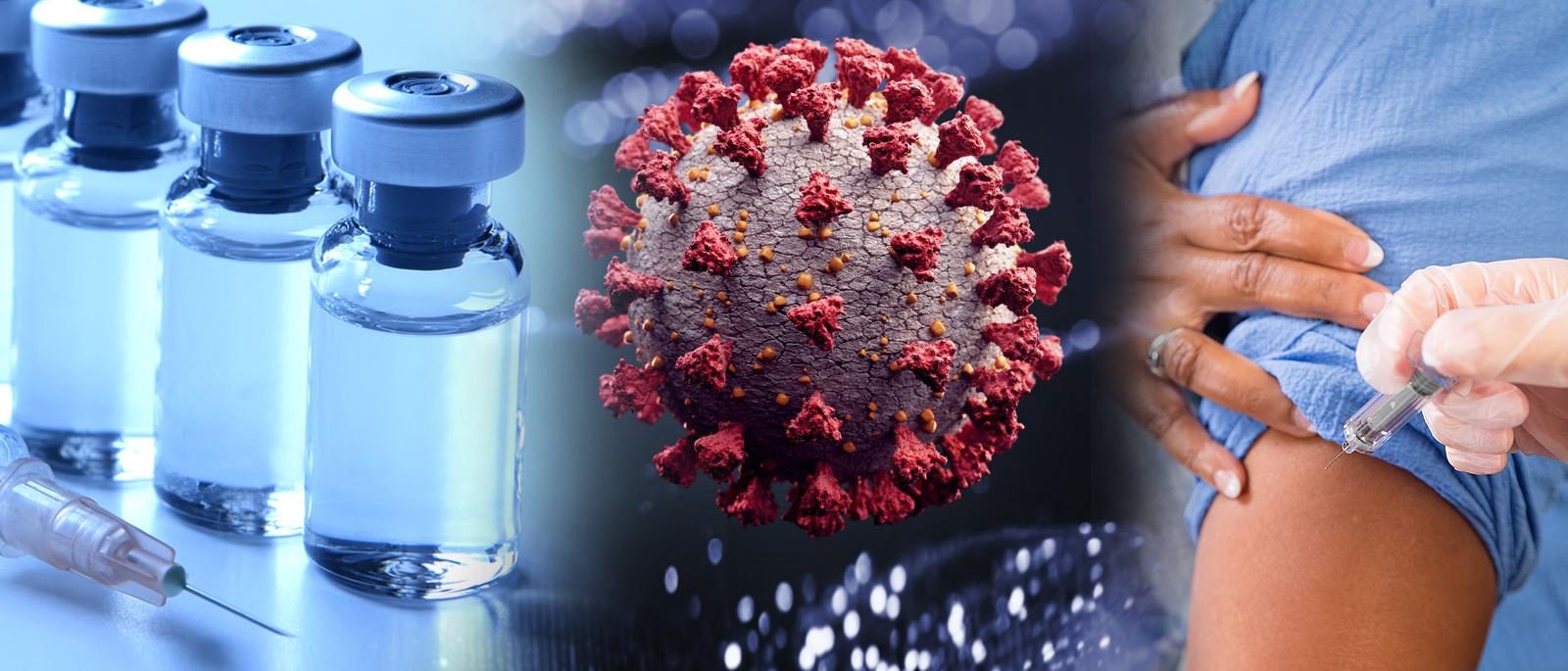As World Kidney Day was observed on March 14, medical experts highlighted the concerning trend of increasing childhood kidney disease attributed to unhealthy lifestyle choices, including diets high in salt and sugar. The annual event aims to raise awareness about kidney health risks and promote access to treatment, under the theme “Kidney Health for All – Advancing Equitable Access to Care and Optimal Medication Practice.”
According to doctors, lifestyle factors such as the consumption of unhealthy fast foods and inadequate physical activity have emerged as significant contributors to the development of kidney diseases in children. These factors not only pose a direct threat to kidney health but also elevate the risk of associated conditions like hypertension and diabetes, which further exacerbate kidney damage.
Poonam Sidana, Director of Neonatology & Paediatrics at the CK Birla Hospital in Delhi, underscored the impact of lifestyle habits on childhood kidney disease, emphasizing the role of processed food intake, excessive salt and sugar consumption, and sedentary behavior. She noted that these habits not only compromise overall health but also escalate the risk of conditions like diabetes and obesity, both of which can have detrimental effects on kidney function. Sidana also highlighted the adverse effects of smoking and alcohol consumption on kidney health.
Akhila Vasanth Hassan, Paediatric Nephrologist at Narayana Health City in Bangalore, expressed concern over the global rise in kidney stones among children, attributing the trend to increased salt and protein consumption, as well as the prevalence of obesity and metabolic syndrome. She emphasized that these factors account for a significant majority of kidney stone cases in children, along with additional contributors like malnutrition and inadequate hydration.
Additionally, doctors emphasized that chronic kidney disease (CKD), traditionally associated with adults, can also affect infants and young children, particularly those with structural abnormalities detected during prenatal ultrasounds. Early detection and intervention are crucial in such cases, underscoring the importance of conducting ultrasounds within the first week of birth to identify and address potential kidney issues promptly.
To combat the rising incidence of childhood kidney disease, medical professionals emphasized the importance of adopting a healthy lifestyle, including regular exercise, adequate hydration, and a balanced diet rich in fruits and vegetables while minimizing the consumption of processed foods high in salt and sugar. By prioritizing preventive measures and promoting healthy habits, individuals can safeguard kidney health and overall well-being from an early age.












